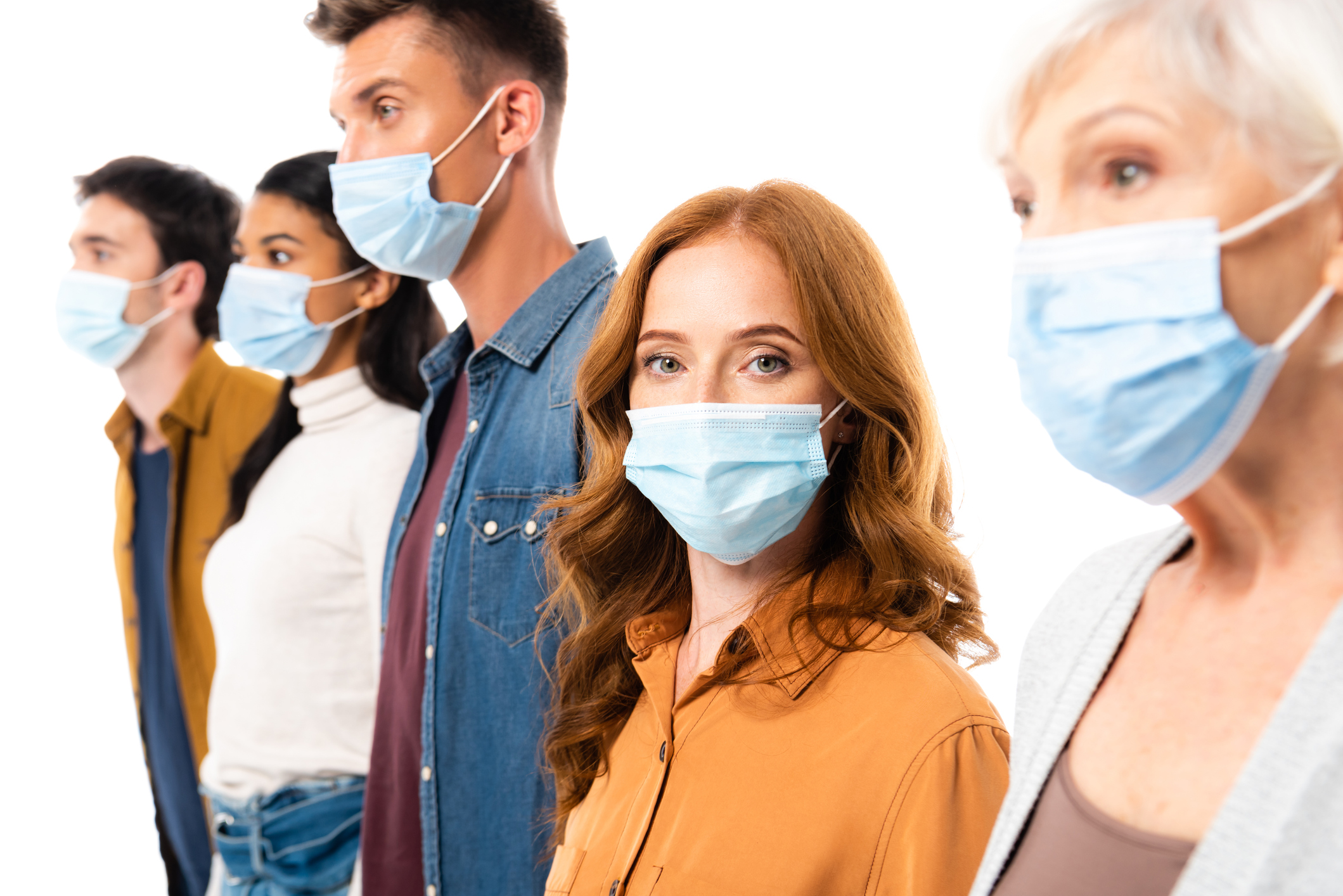Get Easy Health Digest™ in your inbox and don’t miss a thing when you subscribe today. Plus, get the free bonus report, Mother Nature’s Tips, Tricks and Remedies for Cholesterol, Blood Pressure & Blood Sugar as my way of saying welcome to the community!
Early signs of COVID-19 differ by age: know yours

With COVID-19 cases on the rise again, it’s more important than ever to protect yourself and to do your part to prevent the spread of the virus to others.
Researchers have uncovered details about COVID-19 symptoms that will help you do both.
With the help of artificial intelligence, British scientists have refined our ability to predict which early symptoms of COVID-19 you should look for, based on your age group.
They’ve found that the earliest warning signs of COVID-19 vary greatly. Many of the symptoms you’ve heard of, like cough, congestion or fatigue, may not be the best predictors for your particular age group.
Knowing which warning signs to pay attention to makes it possible to self-quarantine and get tested in the very early stages of the disease, and prevent spreading it to others.
Know what to look for
A team of researchers from Kings College London and Harvard Medical School looked at 18 different symptoms reported by people who, within three days of self-reporting, developed a COVID-19 infection.
Using artificial intelligence, they were able to pinpoint which of these early symptoms accurately predicted a COVID-19 infection based on the reporter’s age group.
“It’s important people know the earliest symptoms are wide-ranging and may look different for each member of a family or household,” said lead author Dr. Claire Steves.
In other words, different members of a household may have different symptoms at the start of a COVID-19 infection. Knowing this could help family members self-quarantine quickly and avoid spreading the virus to the rest of their household.
Different symptoms for different age groups
In no particular order, here are some of the significant findings of the study.
- For people aged 16 to 39, the symptoms that best predicted an infection were loss of smell, chest pain, abdominal pain, shortness of breath and eye soreness.
- For people over 60, loss of smell became less of a predictor of infection. For people over 80, it did not predict an infection at all.
- For people aged 60 to 79, chest pain, unusual muscle pain, shortness of breath, and loss of smell were the best predictors of infection.
- For those 80 years and older, diarrhea, sore throat, chest pain, unusual muscle pain, eye soreness, and chills or shivers predicted an infection most accurately.
- No differences were found in the early signs of infection between males and females.
Why this is important
It’s hard to overstate the practical value of these findings.
If you can pinpoint the earliest symptoms that may mean you have a COVID-19 infection, you can self-isolate and get tested.
Not only will this protect your family members and others around you. It will help you do your part in stopping the spread of this deadly virus.
Every little bit helps.
Editor’s note: There are perfectly safe and natural ways to decrease your risk of blood clots including the 25-cent vitamin, the nutrient that acts as a natural blood thinner and the powerful herb that helps clear plaque. To discover these and other secrets of long-lived hearts, click here for Hushed Up Natural Heart Cures and Common Misconceptions of Popular Heart Treatments!
Sources:
Early COVID-19 symptoms differ among age groups and between men and women — Science Focus













